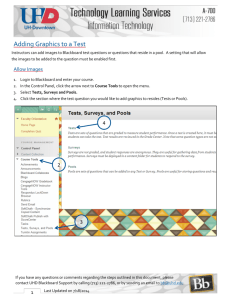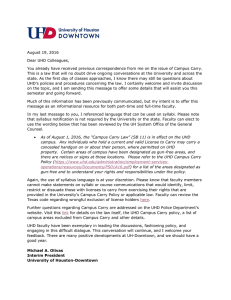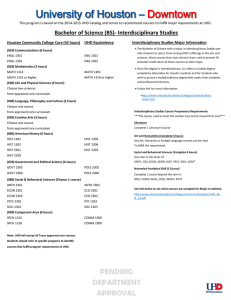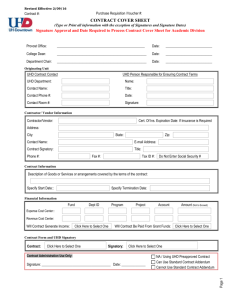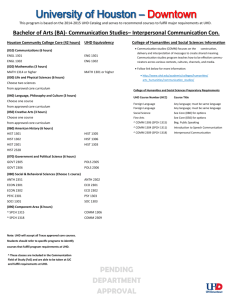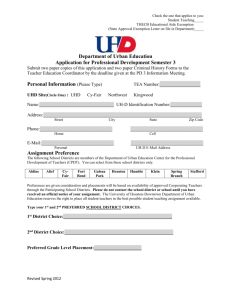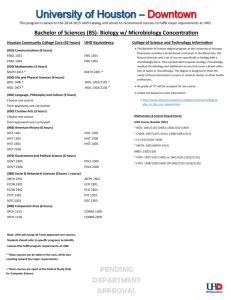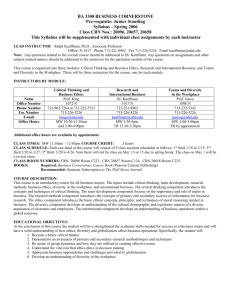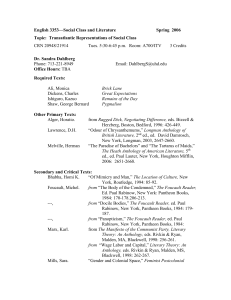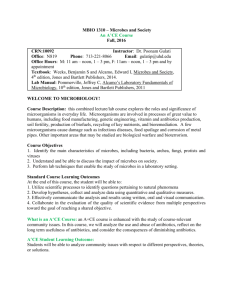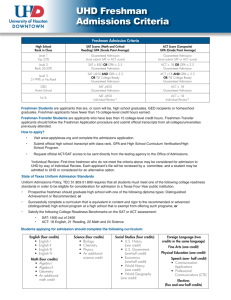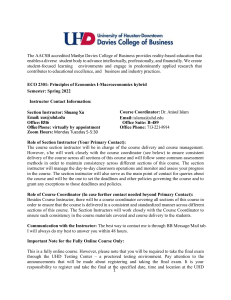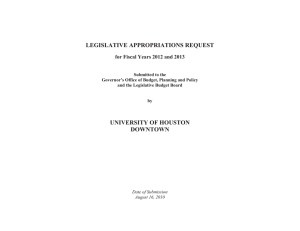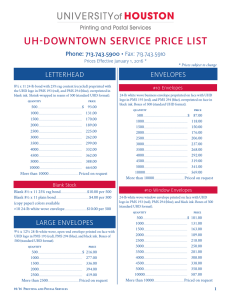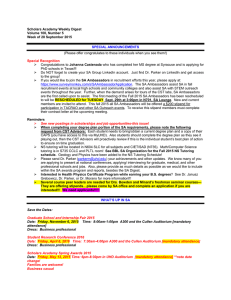Basic Elements of the Planning and Budget Development Process
advertisement
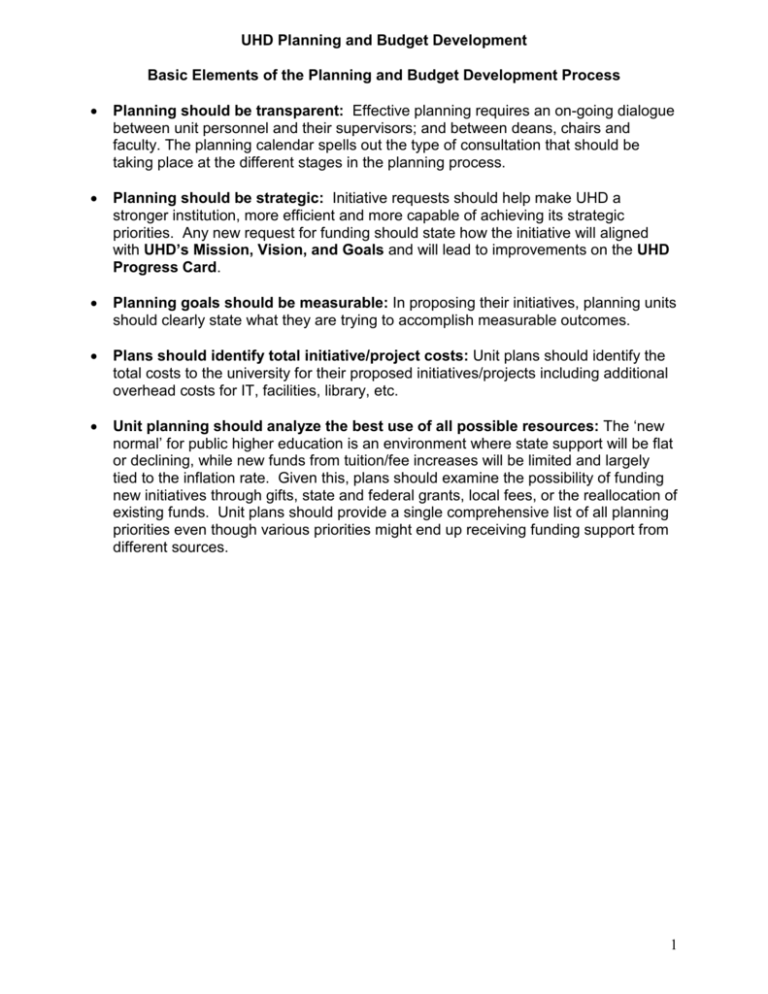
UHD Planning and Budget Development Basic Elements of the Planning and Budget Development Process • Planning should be transparent: Effective planning requires an on-going dialogue between unit personnel and their supervisors; and between deans, chairs and faculty. The planning calendar spells out the type of consultation that should be taking place at the different stages in the planning process. • Planning should be strategic: Initiative requests should help make UHD a stronger institution, more efficient and more capable of achieving its strategic priorities. Any new request for funding should state how the initiative will aligned with UHD’s Mission, Vision, and Goals and will lead to improvements on the UHD Progress Card. • Planning goals should be measurable: In proposing their initiatives, planning units should clearly state what they are trying to accomplish measurable outcomes. • Plans should identify total initiative/project costs: Unit plans should identify the total costs to the university for their proposed initiatives/projects including additional overhead costs for IT, facilities, library, etc. • Unit planning should analyze the best use of all possible resources: The ‘new normal’ for public higher education is an environment where state support will be flat or declining, while new funds from tuition/fee increases will be limited and largely tied to the inflation rate. Given this, plans should examine the possibility of funding new initiatives through gifts, state and federal grants, local fees, or the reallocation of existing funds. Unit plans should provide a single comprehensive list of all planning priorities even though various priorities might end up receiving funding support from different sources. 1

